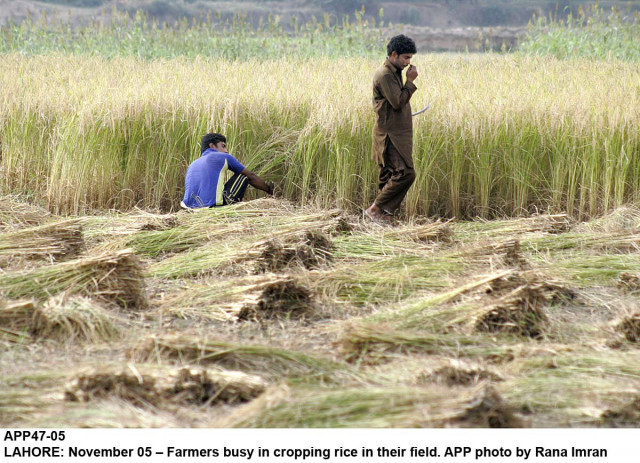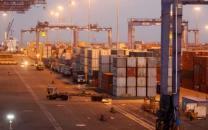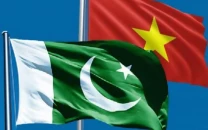International rice market: ‘Indian agriculture policy hurting Pakistan’
International rice market ‘Indian agriculture policy hurting Pakistan’.

Pakistan cannot afford to lose its foreign rice market, especially when exports are facing a decline due to harsh competition, said the Federation of Pakistan Chambers of Commerce and Industry (FPCCI) Zakaria Usman.
In a press statement on Saturday, the FPCCI chief addressed concerns and said that subsidies from the Indian government to its rice exporters have significantly affected the competitiveness of Pakistan rice exports.
Rice holds an important position in the country’s agriculture sector, which brings more than $2 billion foreign exchange every year. Pakistan is the fourth largest rice producer after China, India and Indonesia.
With the decline in international prices of agricultural products, the export of rice from Pakistan is also dropping in terms of quantity. Pakistan’s rice export volume has declined during the last three month (July-September 2014) from $363 million compared to $404 million in the same period last year.
Usman further stated that FPCCI has repeatedly informed the government and stakeholders about the subsidy on rice by Indian government in the name of food security.
“We have highlighted the consequences of the Indian policy and its impacts on Pakistan’s exports,” he said.
Millions of farmers rely on rice cultivation as their major source of employment. The Indian step is currently hurting millions of Pakistani farmers who are already facing various challenges due to floods in Pakistan. This may create serious food insecurity for Pakistan in the future.
He urged the government of Pakistan to oppose the Indian decision to grant its farmers subsidies at the World Trade Organization (WTO), terming it a trade distorting step. Being the member of the WTO, Pakistan always supports free trade, liberalisation and market competition, according to Usman.
He further stated that Pakistani exports will not be in a position to compete because the government cannot provide subsidies to its producers because of International Monetary Fund’s (IMF) conditions.
He demanded zero-rated facility and other fiscal and administrative measures in favour of rice exporters. In May 2014, FPCCI released a report on the ‘Political Economy of Subsides’ where early warnings were issued about the declining trends in Pakistani exports. This report was sent to policymakers and all concerned departments, the release added.
Usman indicated that policymakers should understand the economic wisdom behind the suggestions and recommendations of FPCCI. In the past, FPCCI has recommended several policy measures regarding infrastructure development, foreign investment and fiscal policy.
Published in The Express Tribune, November 9th, 2014.
Like Business on Facebook, follow @TribuneBiz on Twitter to stay informed and join in the conversation.

















COMMENTS
Comments are moderated and generally will be posted if they are on-topic and not abusive.
For more information, please see our Comments FAQ